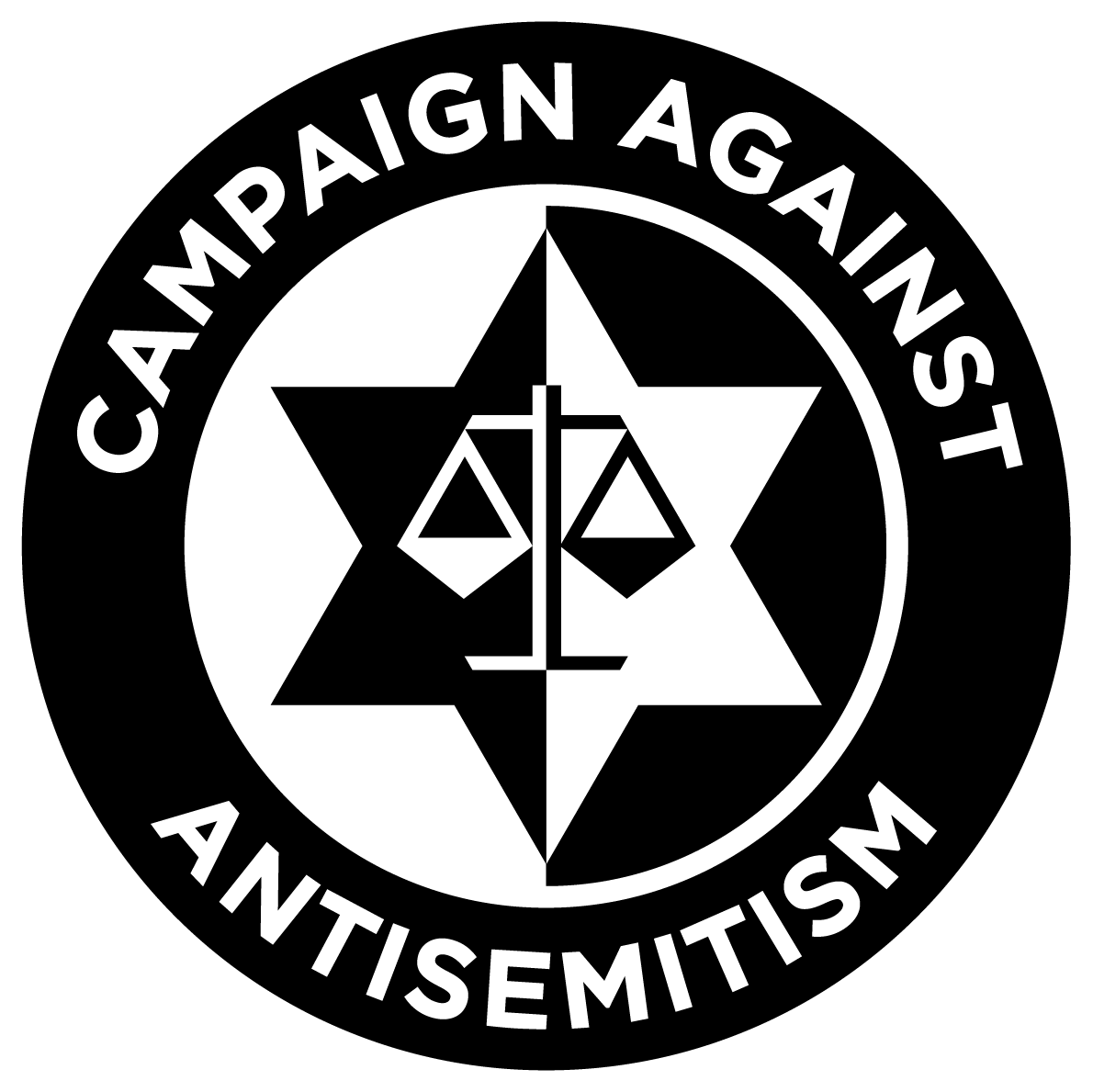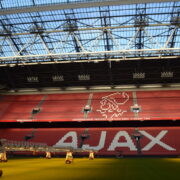Tottenham Hotspur, the North London-based football club, has published the results of its consultation with fans on their use of the word “Yid” at football games.
The consultation was launched in August and the Club received more than 23,000 responses. According to the survey, 33 percent of respondents use the word “Yid”, which is a Yiddish word for “Jew”, regularly in a football context. Of those who do not use the word regularly, eighteen percent said that they find the term “offensive”, with that number rising to 35 percent among Jewish respondents.
Nevertheless, the use of the word among Jewish fans was quite evenly divided, with 36 percent of Jewish respondents regularly chanting the word, 30 percent “occasionally” chanting it and and 34 percent never chanting it. One respondent said: “I am Jewish and find the regular use of the Y-word offensive. I don’t believe most Spurs fans understand its connotations and history.”
94 percent acknowledge that the word can be considered a racist term against a Jewish person, and only twelve percent would use it outside of a footballing context. One fan said: “While the intention of Spurs fans is good, and supportive of Jews, it is still a word that could cause offence,” while another wrote: “I like the tribal way that the term is changed but being a black man, I would like to know whether the Jewish community is offended by its use at our matches before I’d even consider using it.”
Almost half of the respondents would prefer to see supporters chant the word less or not at all.
The Club maintains that the word was historically adopted by fans as a defence mechanism in order to “own” the term and deflect antisemitic abuse in the 1970s that was directed toward fans of the Club, which has long been associated with the Jewish community. Nevertheless, older fans who might be more likely to have witnessed that development appear to be the least likely to use the word, as chanting it is progressively more popular among fans in falling age groups. However, younger fans, among whom chanting the word is popular, believed that the use of the word nowadays does still deflect antisemitism.
Conversely, 30 percent of respondents felt that the use of the word played a role in attracting abuse from rival fans, with the number rising to 37 percent among Jewish respondents.
The Club suggested that it “appear[s] that the history and the motivations behind why fans adopted the term in the first place are being lost over time, with many fans today using it solely as a means to identify themselves as a Spurs supporter,” with one fan writing: “Until my very late teens I had no idea it had historic roots to the Jewish community or that it had been considered a racist slur. It simply meant Spurs to me.”
When respondents were asked whether they would like to see less use of the word at football matches, almost half answered that they would like to see fans choose to chant it less or stop using it altogether.
The club concluded: “all of the above underlines just how complex the nature of this issue is and these varying viewpoints are illustrated in the written responses that we received from respondents too.” As one fan wrote: “I’m Jewish and I understand how offensive the word is yet I do accept that it is used in a very positive frame of reference by fellow Spurs fans. We need an alternative but I don’t know what that is, I can’t see Spurs fans shouting ‘you’re Spurs, you’re Spurs’ at a new player as a replacement for ‘Yiddo, Yiddo’ but we need to find a way to change it. I know this doesn’t give you answers, just my very confused view on how we solve an almost impossible situation. I do also think it’s the responsibility of other clubs to stop the racist chants being directed at us as well.”
Looking to the future, the Club insisted that it takes “a zero tolerance approach….towards real antisemitic abuse” and that “we pride ourselves on being an inclusive and forward-thinking Club and these findings indicate the awareness our fans have of current sensitivities and a willingness to reconsider the appropriateness of the continued use of this term.” It said it shall be organising focus groups, giving supporters the chance to meet and exchange views with fellow fans.
Those invited to contribute to the consultation included all Executive Members, Season Ticket holders, One Hotspur + Members and match-attending One Hotspur Members, as well as those affiliated to Supporters Clubs (both domestic and international), and a sample of non-matchday attenders from both among One Hotspur Members and non-Members. Of the 23,000 responses, 95 percent were either a Season Ticket holder, an Executive Level or One Hotspur Member. Eleven percent of respondents stated that they were Jewish.
























 (@mishyrichman)
(@mishyrichman) 
























